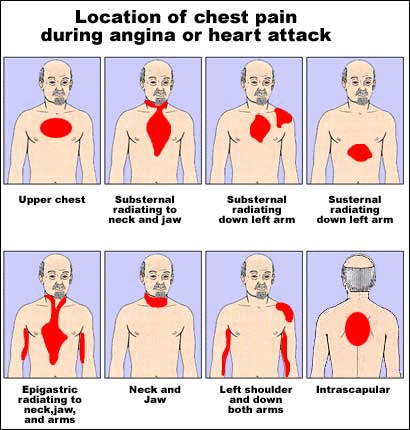

finding a quiet space to meditate and sit with your thoughts and feelings.distracting yourself (you might take some time to read, watch a show, or play with a pet).including physical activity in your day (such as walking for 30 minutes).creating and maintaining a consistent schedule.Therapy and medication can also be effective for managing anxiety disorders.Ĭognitive behavioral therapy (CBT) in particular has been shown to reduce anxiety disorder symptoms. getting up to walk around, stretch, or raise your arms above your head to give yourself more room to breathe.taking a 5-minute break from anything that’s currently causing anxiety, if possible.engaging in slow, deep breathing by counting to 10.If you’re looking for more ideas, you can try: You might already have methods for relieving anxiety-induced chest pain in the moment. While it’s impossible to avoid anxiety completely (and you wouldn’t want to anyway), you can become more aware of how it’s affecting you in order to manage it when it’s overwhelming. While some research has shown that anxiety can affect heart health over time, taking steps to manage your anxiety - and incorporate movement and balanced eating in your life - can help offset this.Īnxiety might not be comfortable, but it is a common and sometimes useful response. For instance, gas is another cause of chest pain. If you’ve been checked out before and been told you have low chances of heart issues, the chest pain you’re having may be more likely caused by anxiety - or something else. The Centers for Disease Control and Prevention (CDC) notes that if you’re having the following symptoms together, it might be a heart attack: Some symptoms are more specific to a heart attack. When you’re in the midst of a high-anxiety moment, your body is more likely to be experiencing: And chances are, naming this pain could help you reduce it quickly. Knowing the difference between anxiety symptoms and heart attack symptoms can help you feel more at ease when having chest pain. One reason you might respond to chest pain with anxiety is if you think, “What if I’m having a heart attack?” But if that pain is caused by anxiety in the first place, your natural response (anxiety) can spiral into an anxiety attack. It makes sense to respond to pain - especially when you don’t know its source - with anxiety or worry. It happens more often when you’re not active.Pain stays mostly in the chest and doesn’t spread to other parts of the body.It comes on suddenly, but isn’t present all day.

There are some other characteristics of chest pain caused by anxiety that can be helpful to know:

When you experience chest pain caused by anxiety, your first thought may be that you’re having a heart attack.


 0 kommentar(er)
0 kommentar(er)
